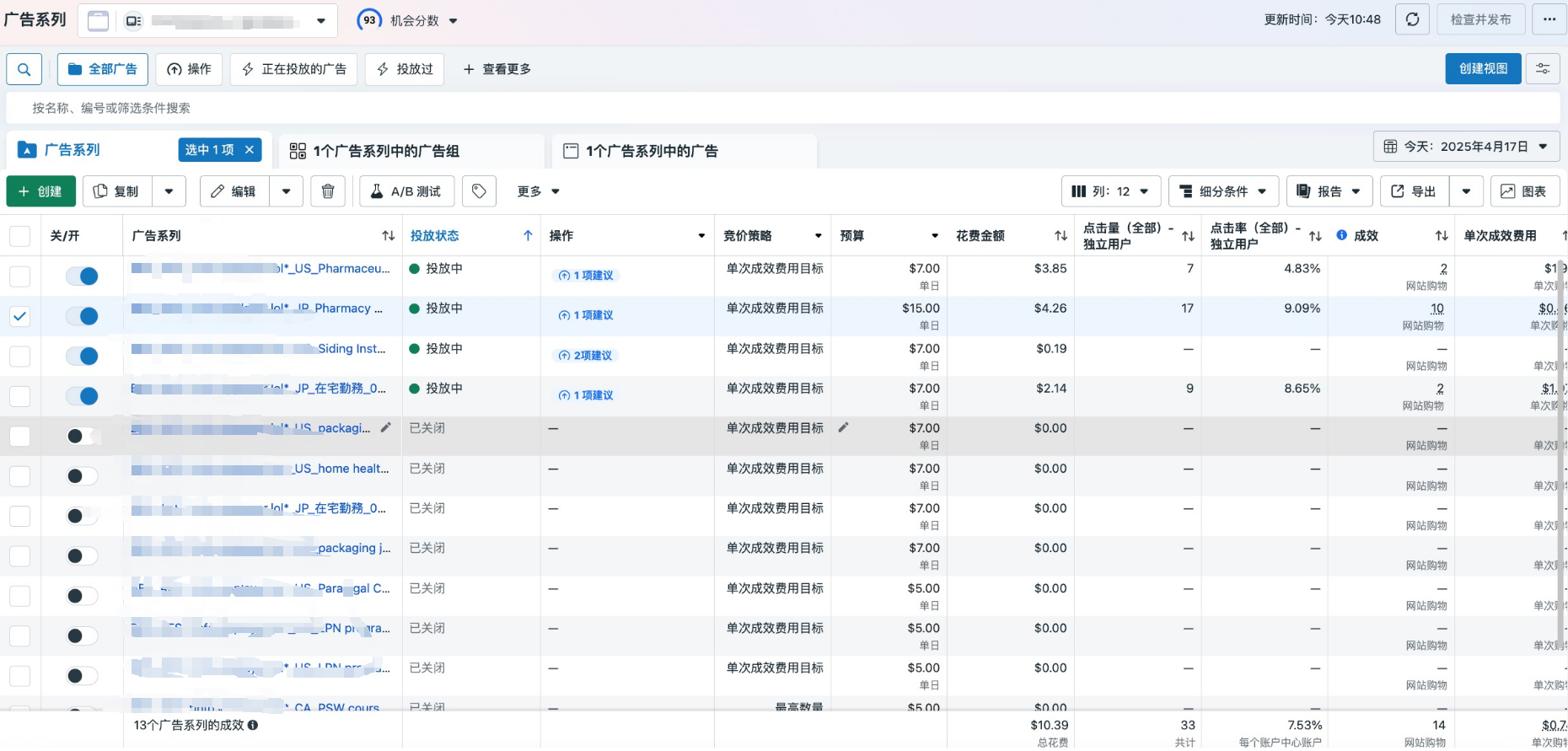
Master’s Thesis Guide for Engineering Students: From Topic Selection to Defense
Completing a master’s thesis in engineering is a challenging but rewarding journey. A well-structured approach can help you efficiently navigate the process from selecting a research topic to defending your thesis successfully.

1. Choosing the Right Research Topic
Selecting a strong thesis topic is the foundation of a successful project. Consider these factors when making your choice:
- Relevance to Industry & Research Trends – Choose a topic that aligns with current advancements in your field, whether it’s artificial intelligence in manufacturing, renewable energy systems, or structural optimization.
- Feasibility & Available Resources – Ensure that you have access to the required software, hardware, or experimental setups.
- Personal Interest & Career Goals – Pick a topic that excites you and enhances your expertise in a field where you want to work.
- Faculty Expertise – Work on a topic where your advisor or department has strong knowledge and resources.
2. Conducting a Comprehensive Literature Review
Before diving into research, you need to understand existing work in your field.
- Use databases like Google Scholar, IEEE Xplore, ScienceDirect, and Springer to find relevant research papers.
- Identify gaps in current knowledge and determine how your study can contribute to the field.
- Organize key findings using reference management tools like Zotero, Mendeley, or EndNote.
3. Developing a Solid Research Plan
Once your topic is finalized, create a detailed research plan to stay on track.
- Define Your Research Questions & Objectives – Be clear on what problems you aim to solve.
- Select the Right Methodology – Whether you are conducting experimental studies, simulations, or analytical modeling, ensure that your approach is valid.
- Create a Timeline – Break down your thesis into milestones with deadlines for literature review, data collection, analysis, and writing.
- Secure Funding (If Needed) – If your project requires specialized equipment or materials, look for grants, scholarships, or university funding.
4. Experimentation, Data Collection & Analysis
Your research phase involves implementing your methods and analyzing results.
- If working on experiments, ensure proper calibration of equipment and document results systematically.
- If using simulations, verify model accuracy and validate results with experimental data or previous studies.
- For data-driven research, use tools like MATLAB, Python, R, or Excel for statistical analysis and visualization.
- Interpret findings critically, comparing them with existing studies to highlight your contributions.
5. Writing a High-Quality Thesis
Your thesis should be clear, well-structured, and technically precise. Follow your university’s formatting guidelines, typically including:
- Abstract – A summary of objectives, methodology, key findings, and contributions.
- Introduction – Background, problem statement, and research significance.
- Literature Review – Discussion of previous studies and identified research gaps.
- Methodology – Explanation of experimental or computational methods used.
- Results & Discussion – Presentation and interpretation of findings.
- Conclusion & Future Work – Summary of contributions and potential directions for further research.
- References & Appendices – Cite all sources correctly to avoid plagiarism.
6. Preparing for the Thesis Defense
Your defense is your opportunity to showcase your work confidently.
- Prepare a professional presentation using PowerPoint or LaTeX Beamer with clear slides.
- Explain your research logically – Start with the problem statement, then methodology, results, and conclusions.
- Anticipate Questions – Think about potential questions from your committee and prepare concise answers.
- Practice Multiple Times – Rehearse your defense with peers or advisors to refine your delivery.

Completing an engineering master’s thesis requires careful planning, persistence, and technical rigor. Stay organized, seek guidance from professors, and manage your time efficiently. By following these strategies, you’ll be well-prepared to complete your thesis successfully and defend it with confidence.







